Toyota Hybrid System 2
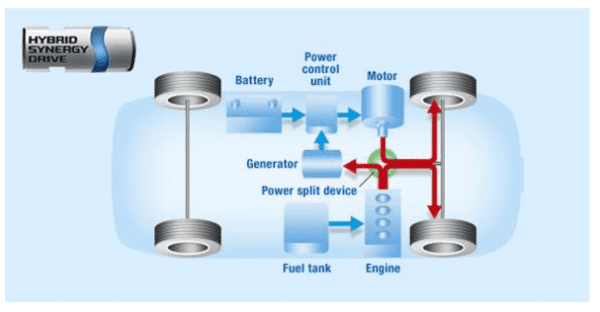
The 2.0-liter Toyota Hybrid System (THS II) represents a major evolution of Toyota’s industry-leading hybrid technology, delivering a balance of power, fuel efficiency, and low emissions in a compact package. Introduced in the late 2010s and widely adopted across Toyota’s global lineup, the 2.0L version of THS II is used in models like the Toyota Corolla Hybrid, C-HR, and Lexus UX 250h.
🔧 Toyota Hybrid System II (THS II) Overview
The Toyota Hybrid System II (THS II) is an advanced hybrid powertrain that combines a gasoline engine with electric motors to optimize fuel efficiency and performance. Key components include:
- Gasoline Engine: Typically an Atkinson-cycle engine designed for efficiency.
- Motor Generator 1 (MG1): Functions primarily as a generator and starter motor.
- Motor Generator 2 (MG2): Provides propulsion and regenerative braking.
- Power Split Device: A planetary gear set that distributes power between the engine, MG1, and MG2.
- Inverter/Converter: Manages power flow between the battery and electric motors.
- High-Voltage Battery: Stores electrical energy for use by the electric motors.
⚙️ Overview of the 2.0-liter THS II
THS II (Toyota Hybrid System II) is a parallel-series hybrid system that combines a gasoline engine with one or more electric motors and a battery pack. The system intelligently switches between, or combines, electric and gasoline power depending on speed, load, and driver demand.
🔋 Key Powertrain Components:
| Component | Specification |
|---|---|
| Gasoline Engine | 2.0L Dynamic Force I4 (M20A-FXS) |
| Max Engine Output | ~144 hp (107 kW) |
| Electric Motor Output | ~107 hp (80 kW) |
| Combined System Output | ~196 hp (145 kW) (varies slightly by region) |
| Transmission | e-CVT (Electronically Controlled Continuously Variable Transmission) |
| Battery Type | Lithium-ion (or Nickel-Metal Hydride in some markets) |
| Drive Type | FWD or E-Four (AWD with rear motor in select models) |
🔍 How THS II Works
- Start-up: The vehicle typically starts in EV mode, using only electric power at low speeds.
- Acceleration: The system seamlessly blends in the gasoline engine for additional power.
- Cruising: At moderate speeds, the gasoline engine does most of the work; the electric motor assists as needed.
- Regenerative Braking: The system recaptures braking energy and stores it in the battery.
- Stop/Start: The engine shuts off when stopped to save fuel and reduce emissions.
🧪 Key Features and Innovations
1. Dynamic Force Engine (M20A-FXS)
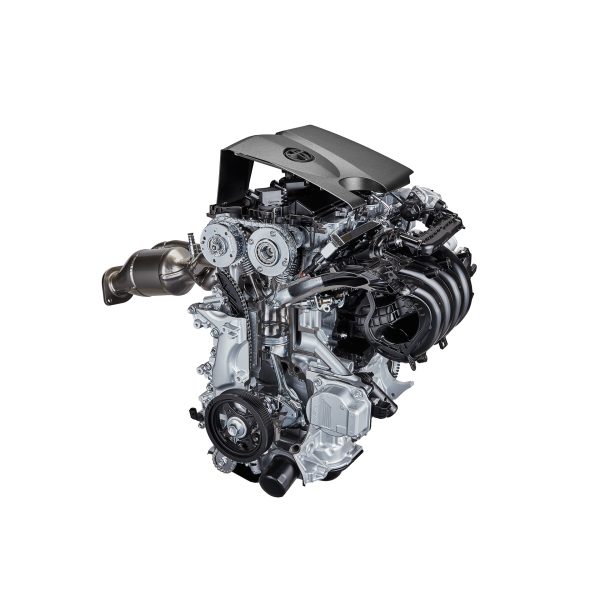
- Utilizes high-speed combustion, a long stroke design, and multi-hole direct fuel injectors.
- Operates under the Atkinson cycle for greater thermal efficiency (~41%).
- Extremely low internal friction and advanced exhaust gas recirculation (EGR) improve efficiency.
2. Compact Power Control Unit (PCU)
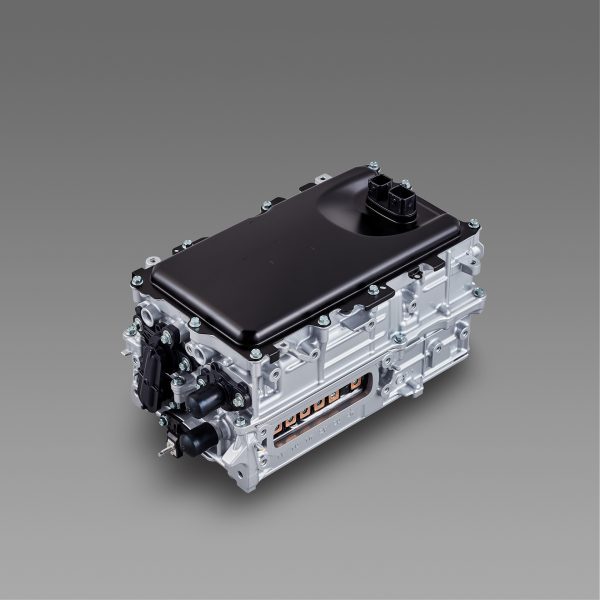
- The inverter/converter is smaller and more efficient than previous generations.
- Better thermal management and lighter weight.
3. Smaller, More Efficient Battery
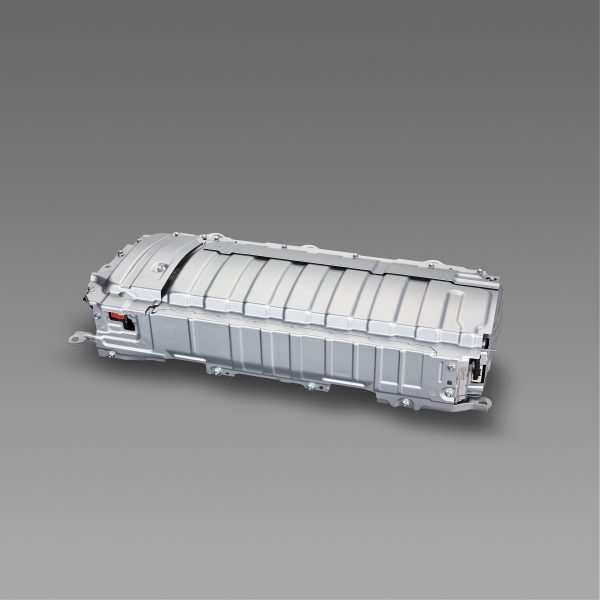
- The lithium-ion battery is compact, with quicker discharge/charge cycles.
- Positioned under the rear seats to preserve cargo space and lower the center of gravity.
4. eCVT Transmission
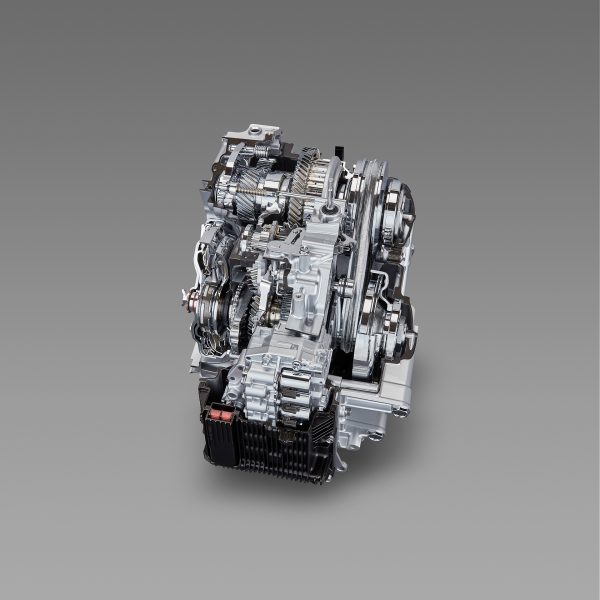
- Simulates gear shifts for smoother acceleration and improved efficiency.
- No traditional gear ratios—uses planetary gearsets to manage power flow between engine, motors, and wheels.
📈 Performance & Efficiency
Depending on the vehicle and market, here’s what the 2.0L THS II delivers:
- 0–100 km/h (0–62 mph): ~7.5–8.1 seconds
- Fuel Economy (WLTP): ~4.4–5.3 L/100 km (~44–53 mpg US)
- CO₂ Emissions: ~96–120 g/km (depending on model/load)
This performance is notable because it provides near-diesel-level fuel economy with gasoline reliability and lower emissions.
🚗 Vehicles Using the 2.0L THS II
Here are some popular models that use this hybrid system:
- Toyota Corolla Hybrid (Hatchback, Sedan, Touring Sports)
- Toyota C-HR Hybrid
- Toyota Corolla Cross Hybrid (select markets)
- Lexus UX 250h / UX 260h
- Toyota Noah/Voxy (Japan)
- Toyota RAV4 Hybrid (base engine in some Asian and European trims)
🌿 Environmental Benefits
- Extremely low NOx and particulate emissions
- Qualifies for eco-incentives and green tax credits in many regions
- Can drive short distances in EV-only mode, especially in stop-start traffic
🔗 Helpful Resources & Links
- 🔧 Toyota Hybrid Technology Overview
- 📘 Toyota M20A-FXS Engine Specs (Engine Specs PDF)
- 🧪 Lexus UX Hybrid System Explained
- 🌿 Toyota Hybrid Global Site


